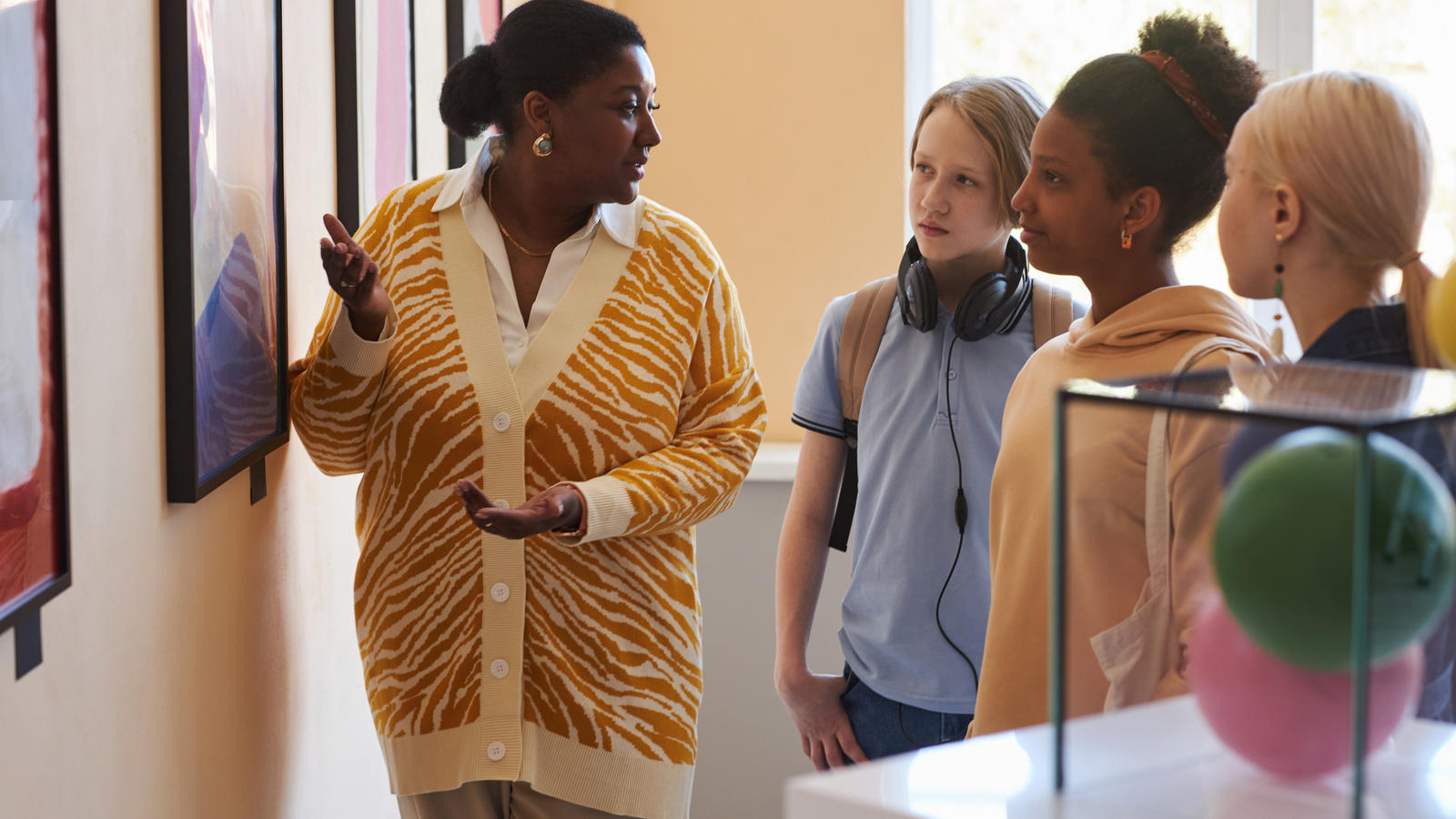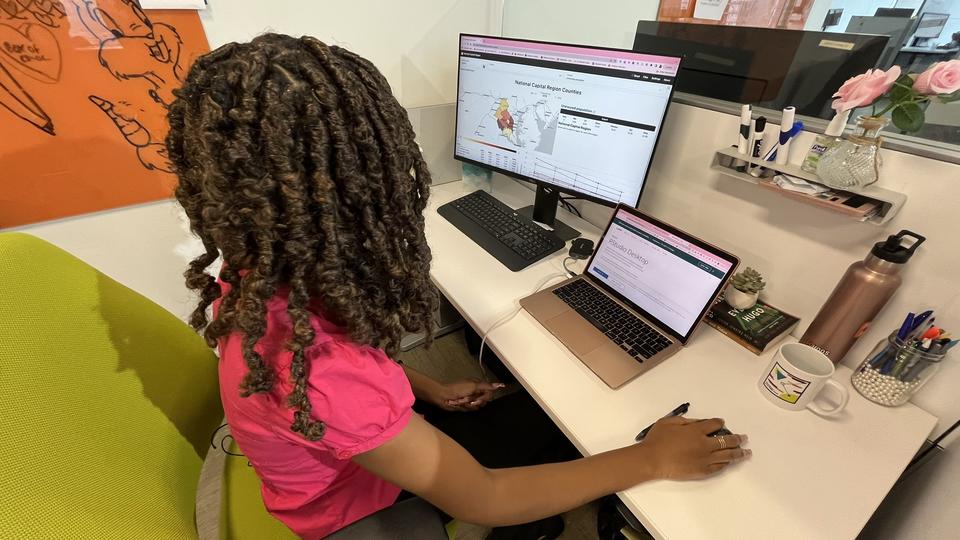News
News Stories
The Biocomplexity Institute would like to congratulate Andrew Yuan of Poolesville High School on being named a Regeneron Science Talent Search (STS) Top 300 Scholar.
From coast to coast, communities across the United States rely on a wide variety of data to inform decision making on everyday issues ranging from food availability and traffic flow to business development. To be useful, these data must be timely, geographically relevant, and topical to the decisions at hand.
Stephanie Shipp’s Arlington, Virginia, office overlooks the Potomac River and offers a sweeping view of the Washington Monument and other familiar landmarks of Washington, DC—a town she knows well from her days at the Federal Reserve Board, Bureau of Labor Statistics, US Census Bureau, and National Institute of Standards and Technology.

In alignment with the University of Virginia’s goal to move its research from prominence to preeminence, deans, faculty, and researchers from across Grounds got together to participate in the formal launch of the Contagion Science program, an initiative funded by the University as part of its Prominence-to-Preeminence STEM initiative.
Since early July, Virginia’s COVID-19 case counts have remained relatively stable, with an average of around 3,000 new infections reported every day. But over the same time period, hospitalizations have risen, with more than 800 inpatients as of Wednesday, according to data from the Virginia Hospital and Healthcare Association.

Our Network Systems Science and Advanced Computing division has created a synthetic dataset that is being used in an $1.6 million innovative prize challenge sponsored by the U.S. and U.K. governments aimed at bolstering pandemic response capabilities.

Many aspects of the research enterprise are rapidly changing to be more open, accessible, and supportive of rapid-response investigations (e.g., understanding COVID-19) and large cross-national research that addresses complex challenges (e.g., supply chain issues). Around the globe, there have been aggressive responses to the need for a unified open research commons (ORC)—an interoperable collection of data and compute resources within both the public and private sectors that is easy to use and accessible to all. Many nations are positioning themselves to be scientifically competitive in the years to come. But the US is falling behind in the accessibility and connectedness of its research computing and data infrastructure, compromising competitiveness and leadership and limiting global science that could benefit from US contributions.

Paper published in PNAS outlines a multi-contagion framework that intertwines a threshold social contagion model with an epidemic model to investigate the interrelated dynamics between mask-wearing and disease.



















